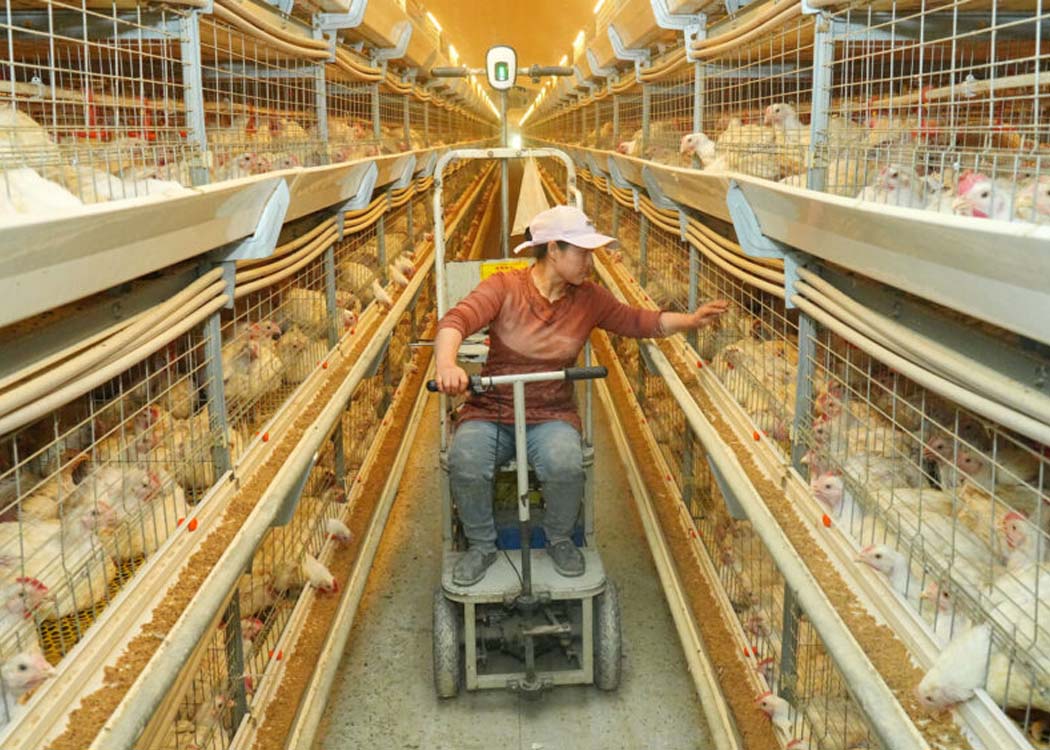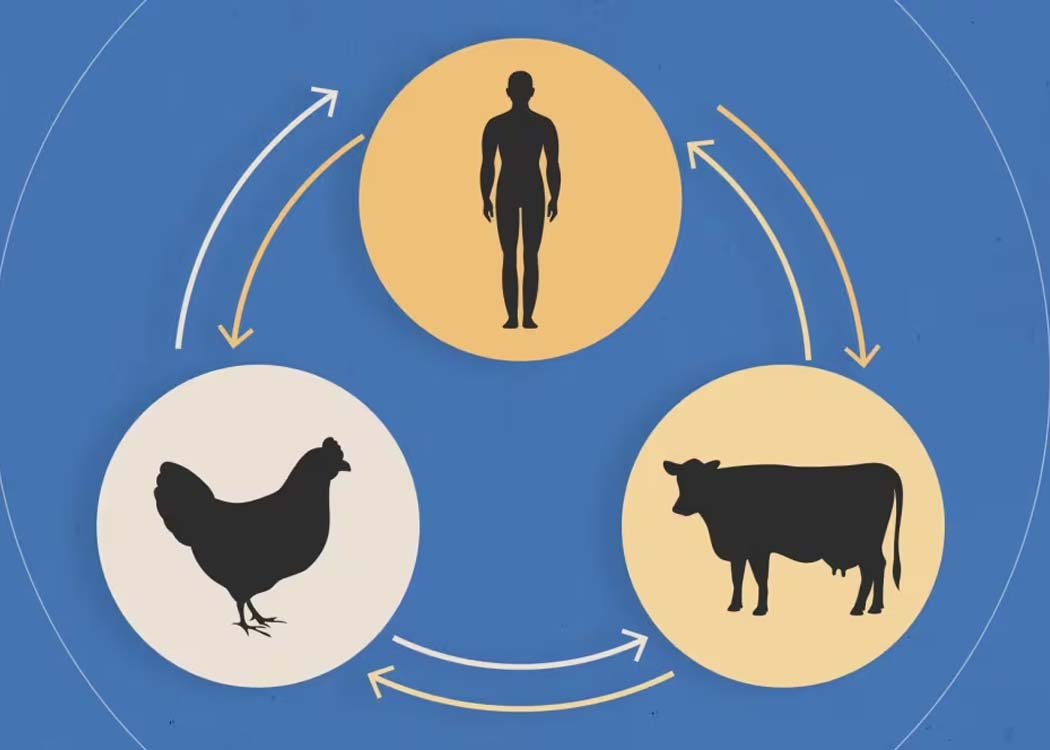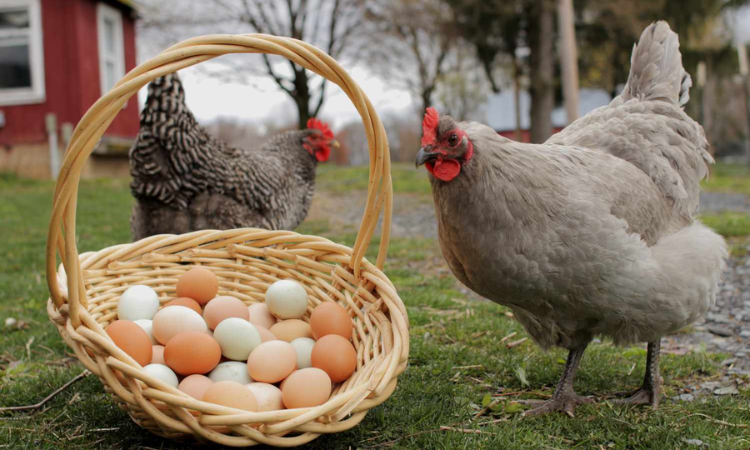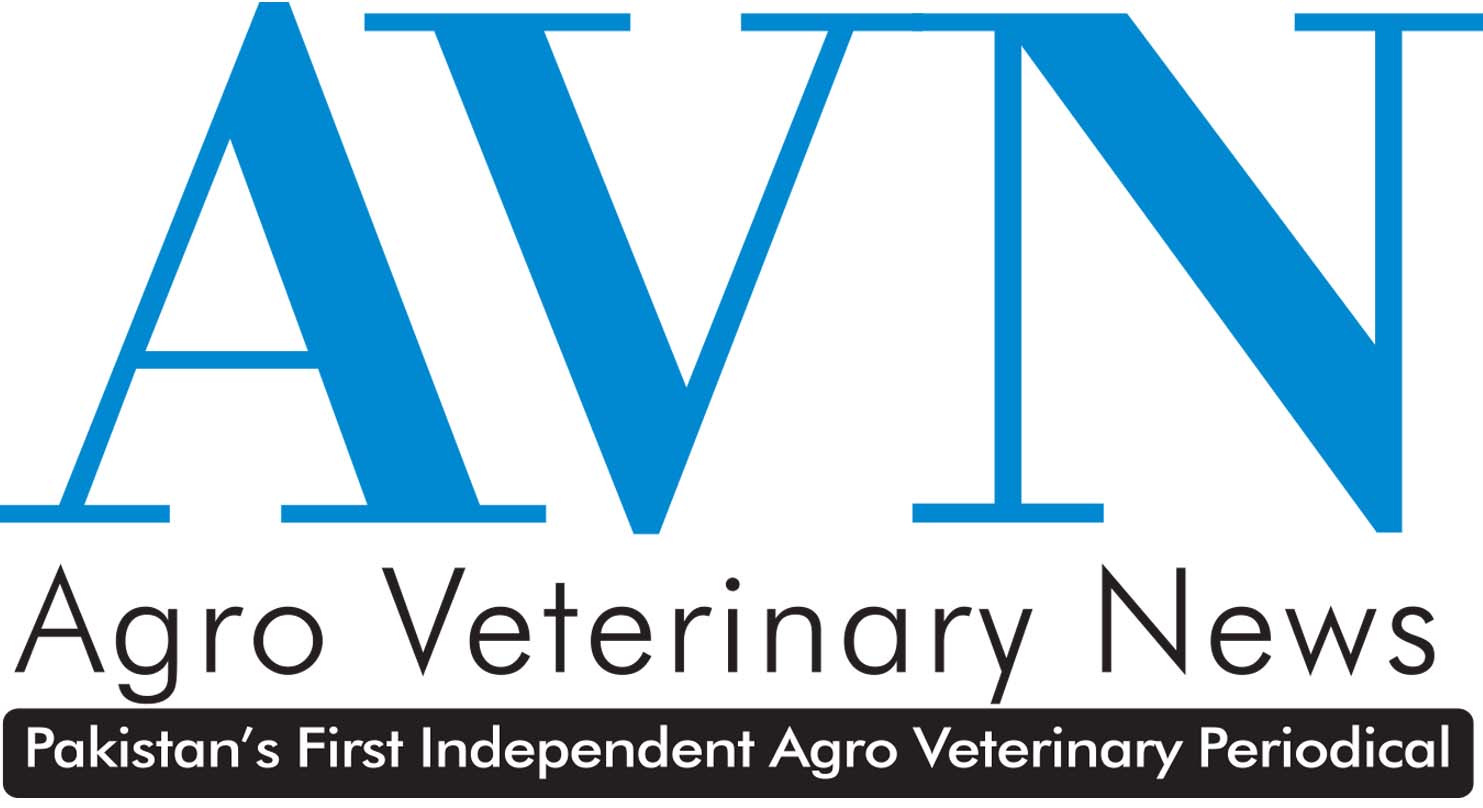Agreement restores Poland’s £2 billion poultry access to China, as exporters prepare for trade restart within weeks
WARSAW / BEIJING: Poland and China have officially struck a deal allowing the resumption of Polish poultry exports to China, ending a trade suspension imposed following bird flu outbreaks in Polish poultry farms.
China halted imports of poultry from Poland in 2024 after cases of highly pathogenic avian influenza (bird flu), including the H5N1 subtype, were reported across several poultry farms.
Under the new agreement, Poland expects exports to restart within about one month, according to a spokesman for its Foreign Affairs Ministry.
The export market from Poland to China is significant. The value of Polish poultry exports to China before the ban was approximately two billion zlotys (about US$553.60 million).
Context and implications
- Containing Bird Flu and Export Bans: Poland has faced increasing pressure from the European Commission and international trading partners to contain outbreaks of avian influenza (bird flu). In response, Poland introduced several stricter measures, including expanded high-risk zones, disinfection protocols, and poultry density regulations.
- Economic Stakes: For Poland’s poultry industry, regaining access to the Chinese market is crucial. The ban not only reduced export revenue, but also disrupted supply chains and farm operations.
- Public health & safety assurances: As is common in trade resumption deals following disease outbreaks, Chinese customs and veterinary authorities are expected to impose strict health, testing, and certification requirements on Polish poultry exports to ensure no recurrence of disease risk.
- Timeline: With Poland hopeful for trade to resume within a month, producers will need to ensure compliance with health protocols, sanitary standards, and possibly renewed inspections by both Polish regulators and Chinese import controls.
Looking ahead
The agreement marks a step toward normalizing trade and rebuilding confidence in poultry safety standards. It may also serve as a model for other countries affected by export bans due to disease outbreaks. However, close monitoring, transparent reporting of animal health, and adherence to international standards (including from the World Organisation for Animal Health, WOAH) will be critical for sustainable trade.






